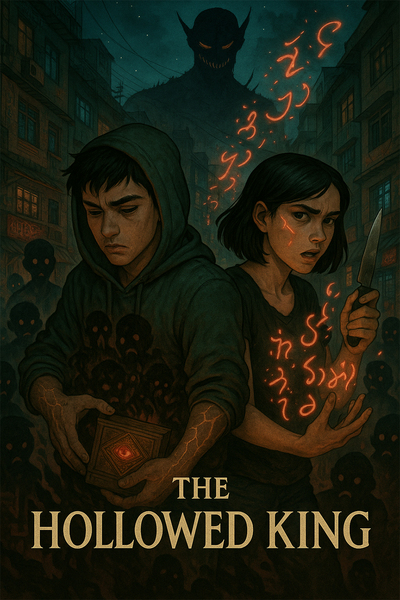DISCLAIMER
This is a work of fiction. Names, characters, places, and events are products of the author’s imagination or used fictitiously. Any resemblance to actual persons, living or dead, or real-world locales is coincidental. While inspired by Philippine folklore and history, this story does not claim accuracy in its depictions of myths, religious practices, or cultural traditions. Reader discretion is advised for dark themes, including horror, violence, and supernatural elements.
(Manila, 1583)
The box reached shore at midnight, borne on waves that did not break but whispered.
Padre Santiago, the last of the Spanish missionaries who dared patrol the Pasig after dark, crossed himself as the fishermen hauled it onto the black sand. It was smaller than he expected—no larger than a child’s coffin, its wood carved with symbols that made his eyes ache. The silver nails along its seams wept tarry droplets, and the shadows at its base twisted like living things.
"Demonio," one of the men muttered, backing away.
But the padre had read the old records. He knew this was no demon.
It was an invitation.
The box shuddered as he reached for it. The wood was ice-cold, yet it burned his palms, searing the shape of a key into his flesh. A voice slithered up from the depths of his mind, speaking in a tongue he had never learned—and yet understood:
"Eleven guardians have fallen. Will you be the twelfth?"
When the Church found him at dawn, he was kneeling in the surf, the box cradled in his arms. His eyes were gone—not torn out, but sealed shut with threads of gold, as if the shadows themselves had stitched them closed. The villagers swore they heard laughter in the tide that morning.
And far beneath Manila, where the cathedral’s foundations pressed against older, hungrier earth, something stirred in its sleep.










Comments (0)
See all